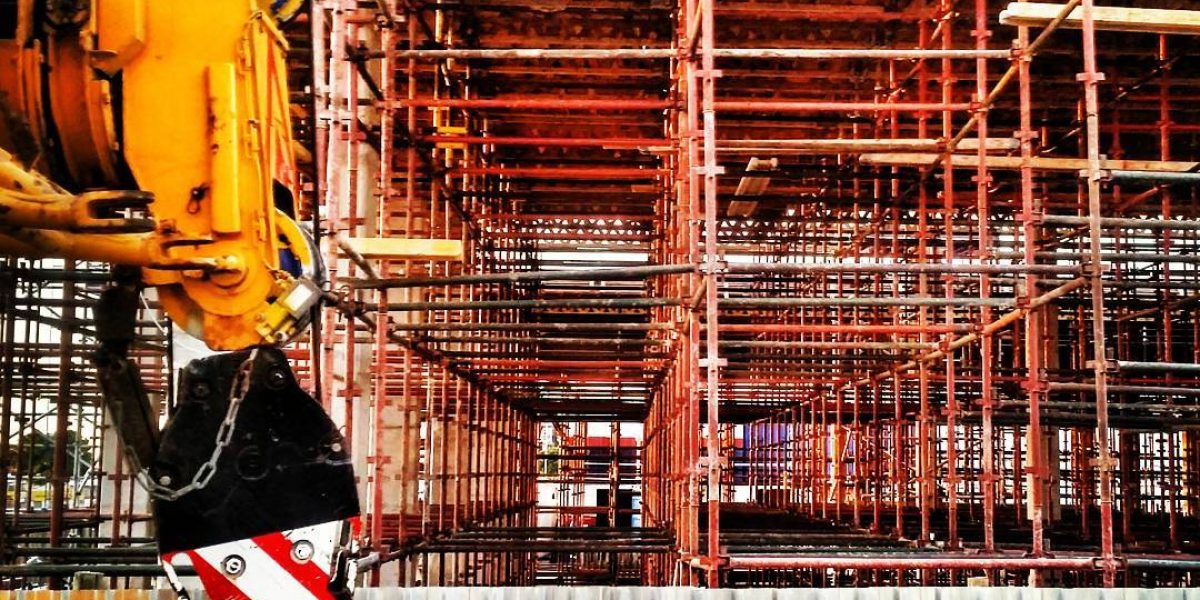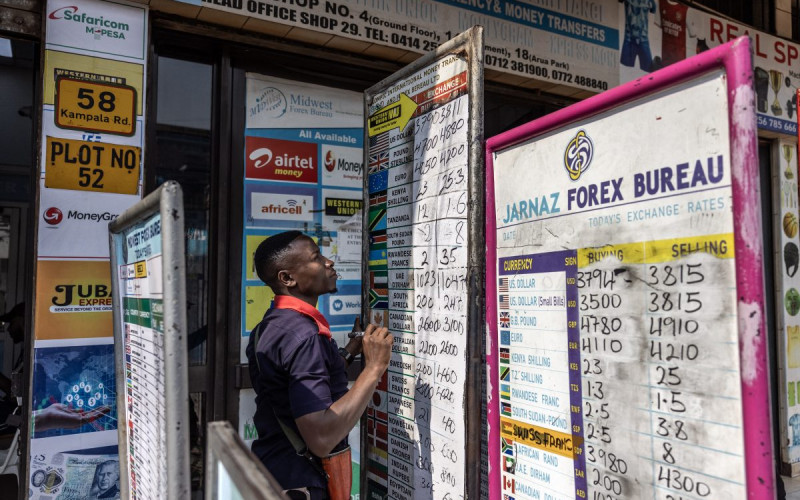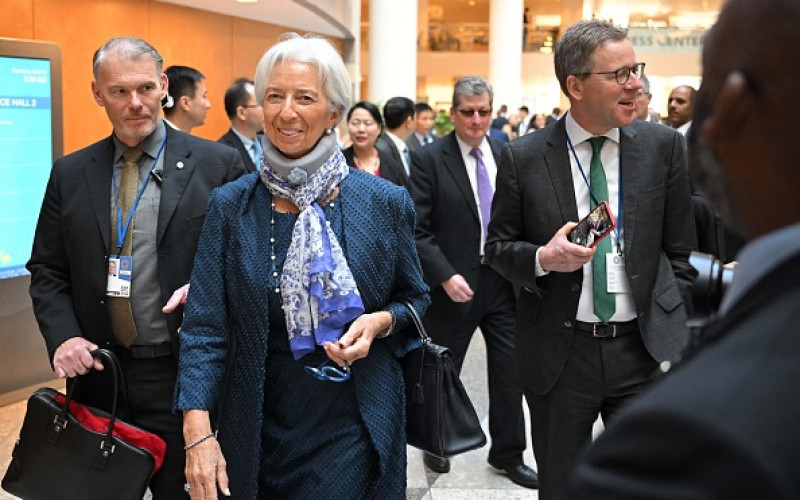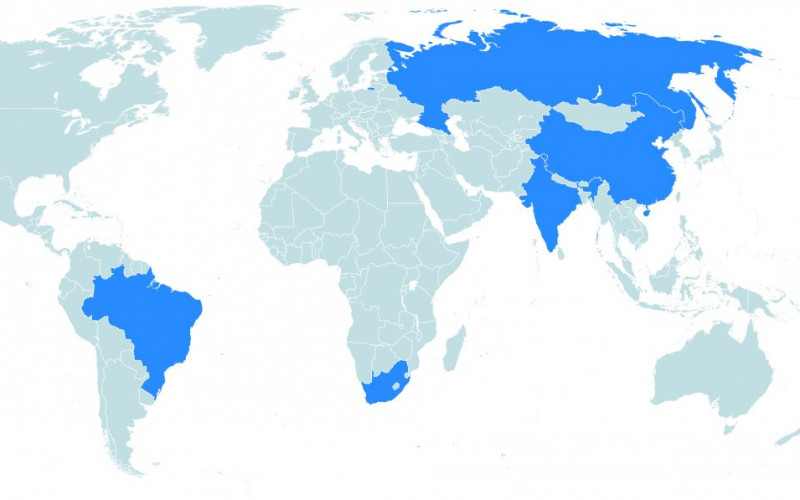Infrastructure investment has a number of advantages over more traditional asset classes. For example, it can serve as a good inflation hedge over the long term and, if the underlying projects are well conceived and executed, it can generate stable and predictable cash flows. Institutional investors, particularly pension funds and sovereign wealth funds, represent important sources of funds for this type of investment because of their relatively long-term investment horizons and their need to diversify and spread their risk. However, infrastructure investment in Africa by institutional investors has traditionally been very low. Not only is it often seen as highly risky, but there are currently few financial instruments and funds to encourage this activity. Furthermore, relatively few African infrastructure projects are deemed ‘bankable’ or viable, while countries’ pension fund regulatory frameworks are often restrictive or bureaucratic, which are further deterrents. To unlock the significant potential of infrastructure investment in Africa, pension funds and sovereign funds, regulators, public and private investors, project developers and other stakeholders need to engage more closely and achieve a common vision of what could be achieved through more robust infrastructure development on the continent.







